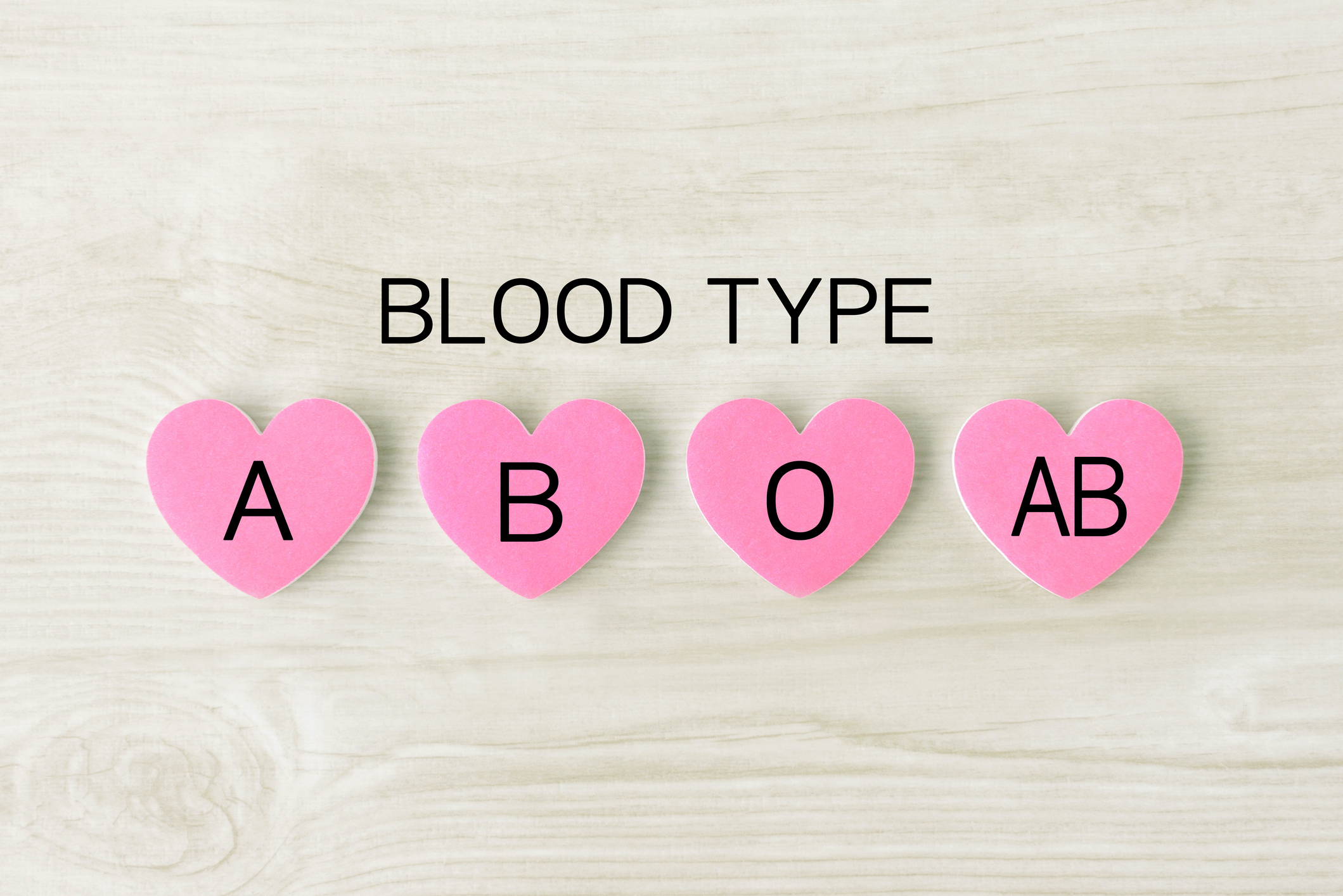

Many people believe that their blood type is about far more than letters on a lab report.
A Japanese concept called ketsueki-gata suggests that blood type shapes personality or temperament.
The Blood Type Diet suggests that your blood type determines which foods are best for your health.
And while research on the validity of these concepts is lacking, science is learning that blood type may influence certain factors.
For instance, a study from China released early on in the pandemic identified people with type A blood as having a significantly higher risk of contracting COVID-19, while people with type O blood had the lowest risk.
But did you know that other diseases may go hand-in-hand with certain blood types?
According to a team of scientists at Karolinska Institute in Sweden, two blood types may actually raise your risk of disease.
But it’s not all bad news…
Their research also revealed that one specific blood type is neutral on the disease front and one can actually be protective against an extremely painful condition.
So which type are you?
Heart disease, blood clots and more
Past research (although preliminary) has found that people who have either type A or type B blood are at a greater risk of developing heart disease. Additionally, it’s shown that type O blood makes you more likely to suffer from a bleeding disorder.
However, there’s been very little follow-up to determine which diseases have a link to blood type and which simply don’t.
So those Swedish researchers took the matter into their own hands.
The team studied over five million people and compared blood types of those people to their risk of more than 1,000 health conditions.
Specifically, they discovered that while 49 illnesses were connected to blood type, the most important were:
- Blood clots such as deep vein thrombosis (DVTs that may cause a deadly pulmonary embolism) are more prevalent in people with type A blood.
- Bleeding conditions are more likely if you have type O.
- High blood pressure during pregnancy also goes hand-in-hand with type O and/or RhD antigen (positive blood type).
So now that you know the bad, what is the good news?
The research also revealed that if you have type AB blood, you’re not at higher (or lower risk) for any condition. Your blood type just isn’t playing a role in whether you end up with any of the 1,000 health problems they studies.
However, if you have type B blood, you’re one of the lucky ones, since you are much less likely to suffer from painful kidney stones.
Talk about a win!
Picking your protection based on your type
And there’s more good news.
If you happen to have a blood type that puts you at risk, you now know what you should be on the lookout for.
So if you have type A blood, watch your heart and blood vessel health and take steps to combat that risk.
If you’re type O, look for signs of anemia and take steps to keep your blood iron levels healthy in the face of that risk.
An ounce of prevention is worth a pound of cure and thanks to this study, we now have more information at our disposal to make that happen.
Sources:
Study reports links between blood types and disease risks — eLife
Does anemia affect the predictive ability of bleeding risk scores in patients with acute coronary syndromes? — NIH
